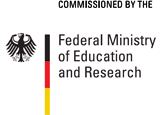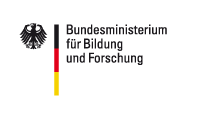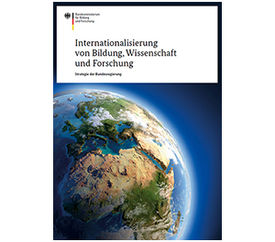„We strongly believe that international openness and cooperation are an important factor in strengthening research and innovation in Germany. We live in a connected world, a development which is greatly accelerated by digitalisation. The global knowledge society hereby created offers huge potential – when used rightly. We are laying the necessary groundwork”, Research Minister Johanna Wanka states.
For the first time, the strategy also includes the further internationalisation of vocational training and general education as a basis for excellent science and research. The growing importance of the European Research Area is also acknowledged.
Based on the guiding theme „International Cooperation: Connected and Innovative“, the strategy defines the following five key objectives:
- Maintaining and raising the high level of excellence of the German science and research system.
- Further developing Germany’s innovation capacity internationally.
- Further expanding vocational training and qualifications internationally.
- Involving emerging economies and developing countries more strongly as a partner in shaping the global knowledge society.
- Intensifying European and international cooperation to solve global challenges.
The Federal Ministry of Research and Education e.g. is fostering cooperation with emerging economies and developing countries with approximately 41 million euros this year alone to build sustainable research and education capacities in Sub-Saharan Africa. From mid-2017, a further five million euros annually will be going to public-private partnerships in support of international cooperation with industrialised countries and emerging economies. In addition, research-intensive small and medium enterprises will receive funding for international cooperation.










